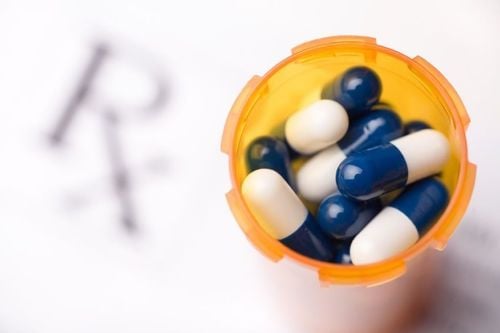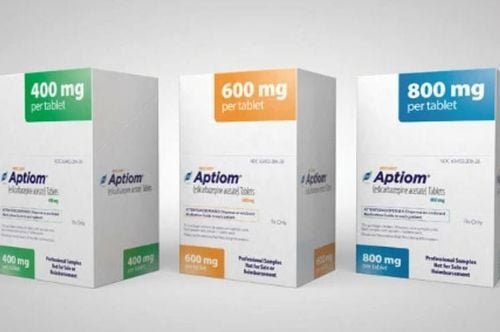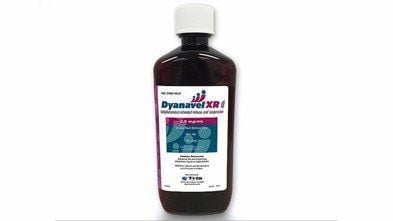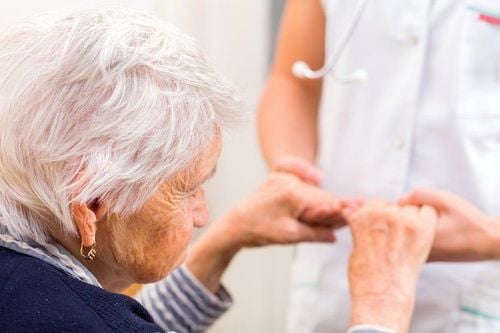This is an automatically translated article.
The article is professionally consulted by MSc Nguyen Thanh Long - Psychological consultant, Psychological Clinic, Vinmec International General Hospital.Attention deficit hyperactivity disorder is one of the neurodevelopmental disorders in children. Research in 102 countries around the world shows that about 6.5% of children have this disorder.
1. Attention Deficit Hyperactivity
Attention-deficit hyperactivity disorder (ADHD) is a well-recognized condition in both children and adults, however, is more common in children and adolescents.
Children with attention deficit hyperactivity disorder often have the main symptoms such as: Being active, always jumping, running, climbing; non-compliance with regulations and requirements (hyperactivity); difficulty in organizing and arranging work; often lose items necessary for work or study; often forget in activities, daily activities (reduced attention); difficulty in complying with requests from others; having difficulty waiting for their turn; pop out answers when you haven't heard all the questions, talk too much... or mixed status.
The implication of this problem is that the child's psychophysiological development, learning, communication, emotional development as well as social skills face many difficulties. Therefore, early detection, treatment and intervention play an important role in the improvement and rehabilitation of children with attention deficit hyperactivity disorder.
2. Examination and treatment of attention deficit hyperactivity disorder
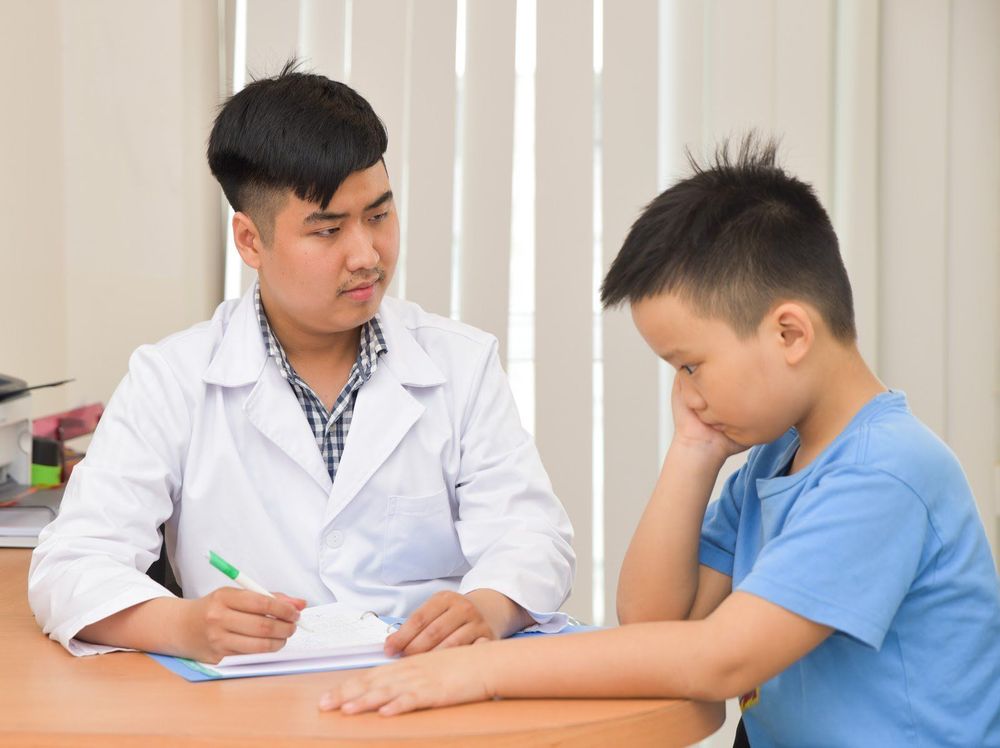
Khám tâm lý cho trẻ tăng động giảm chú ý tại Bệnh viện Đa khoa Quốc tế Vinmec
There are many methods of treating ADHD in children such as: behavioral education, psychotherapy, drug therapy, or a combination of education, psychotherapy and drug treatment.
In which combination therapy between drugs, behavioral education and psychotherapy is evaluated to bring the most positive effect.
2.1. Psychotherapy Even in mild cases, the role of parents in caring for children with ADHD in behavioral and psychological education for children cannot be underestimated.
Psychotherapy has an important and ongoing role in the treatment process of children. Parents need to have proper care for the child and the child's medical condition in order to get the most out of it. Some measures that parents can apply to children:
Always give specific, clear, concise rules. Children need to understand exactly what their parents want from them. The attitude is always persistent, sometimes decisive, sometimes commanding. Teach children the habit of planning. Parents can work with children to plan, monitor and help children complete tasks. Teach your child to pay attention when you talk. Create proper attention in children, find strengths to encourage and encourage and weaknesses to help children improve themselves. Children should play static games that require thinking, avoid playing games and violent games. Let children participate in physical education and sports to exercise their health according to their age. Always remind children of rules and regulations before going to public places. Assigning tasks to children, this helps children feel responsible and boosts their self-esteem. Assign tasks with positive rewards when children do the right thing as well as avoid frequent scolding and harsh words with children.
2.2. Drug treatment Psychotropic drugs: Dextroamphetamine and Methylphenidate Drugs in the group of narcotic psychotropic drugs that stimulate the central nervous system such as Dextroamphetamine for children over 3 years of age and Methylphenidate for children from 6 years of age. age and older with the recommended dosage for good results and without the risk of addiction.
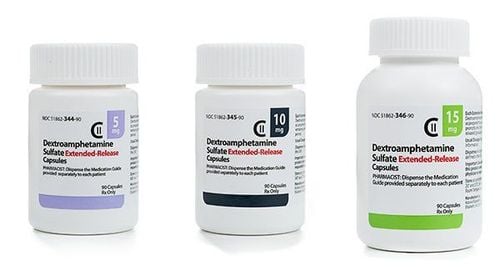
Thuốc Dextroamphetamine điều trị tăng động giảm chú ý dùng cho trẻ em trên 3 tuổi
Dexmethylphenidate: Used to treat Attention Deficit Disorder - Hyperactivity for children 3 years of age and older. The half-life is longer than Methylphenidate, but the regular type still has to be taken several times a day. The long-acting form allows for once-daily use. Adderall (Dextroamphetamine + Amphetamine): Common side effects in psychostimulants: Arrhythmia, decreased appetite, weight loss, insomnia, restlessness, headache, abdominal pain, skin rash and Tic. Approximately 80 to 90% of patients respond to methylphenidate and dextroamphetamine. Methylphenidate: Indicated for children 6 years and older. The drug is usually taken 2 to 3 times a day because the effect only lasts for 2 to 3 hours. The long-acting type is only used once a day. Long-acting type: Concerta Atomoxetine Not in the group of psychostimulants but also the first choice in the treatment of Attention Deficit – Hyperactivity Mechanism of action inhibits the absorption of norepinephrine. The drug is indicated for children over 6 years old. Patients with hepatic impairment require a dose reduction of 50 to 75%.
Tricyclic antidepressants and selective Serotonin reuptake inhibitors: This is the second choice after psychostimulants and atomoxetine in cases of resistance to these drugs and accompanied by depression or anxiety or Using psychostimulants appears Tic disorder. Imipramine and Desipramine are the 2 most effective drugs followed by Nortriptyline.
Clonidine, α-Adrenergic agonist: As the 3rd choice and for cases with Tic disorder, Gille de la Tourette syndrome and aggressive behaviors. Combination of drugs: (Methylphenidate – dexmethylphenidate) or Dextroamphetamine and Clonidine
Guafacine The first-choice α-2a sympathomimetic antagonist approved for the treatment of ADHD. Due to the potential for sedation of Guanfacine, the patient should be warned in advance to be cautious or avoid using heavy machinery or driving a vehicle as it can be dangerous. Some parents are hesitant to give their child treatment. with pharmaceutical drugs because of concerns that the use of drugs to treat attention deficit hyperactivity disorder may be addictive. However, while in practice, the doctor will only prescribe treatment for the child after weighing the effectiveness and risk factors. Children with attention deficit hyperactivity disorder, if severe enough, without drug treatment and good control, are at increased risk of developing other mental disorders, at risk of substance use, behavioral disorders, as well as accidents higher than normal children. Therefore, if necessary and prescribed by a doctor, parents should give the child treatment according to the instructions to achieve high efficiency. Absolutely do not arbitrarily buy more drugs indiscriminately, treat without the permission of the doctor. In addition, parents of children with hyperactivity and attention deficit need more knowledge and understanding of this disease so that they can be detected early and treated appropriately.
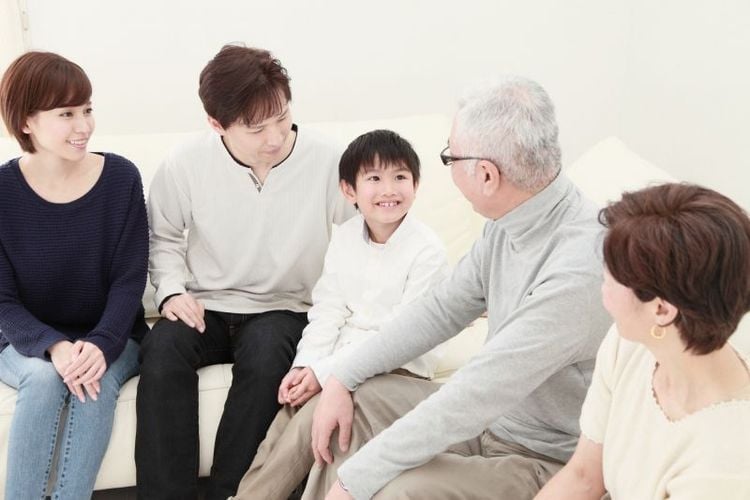
Sự quan tâm của gia đình dành cho trẻ tăng động giảm chú ý cũng là một biện pháp tâm lý tốt
Children are curious, hyperactive but very vulnerable. Attention deficit hyperactivity will affect the child's later development. Therefore, every parent should give their children proper love and attention, accompanying them both now and in the future.
Please dial HOTLINE for more information or register for an appointment HERE. Download MyVinmec app to make appointments faster and to manage your bookings easily.




